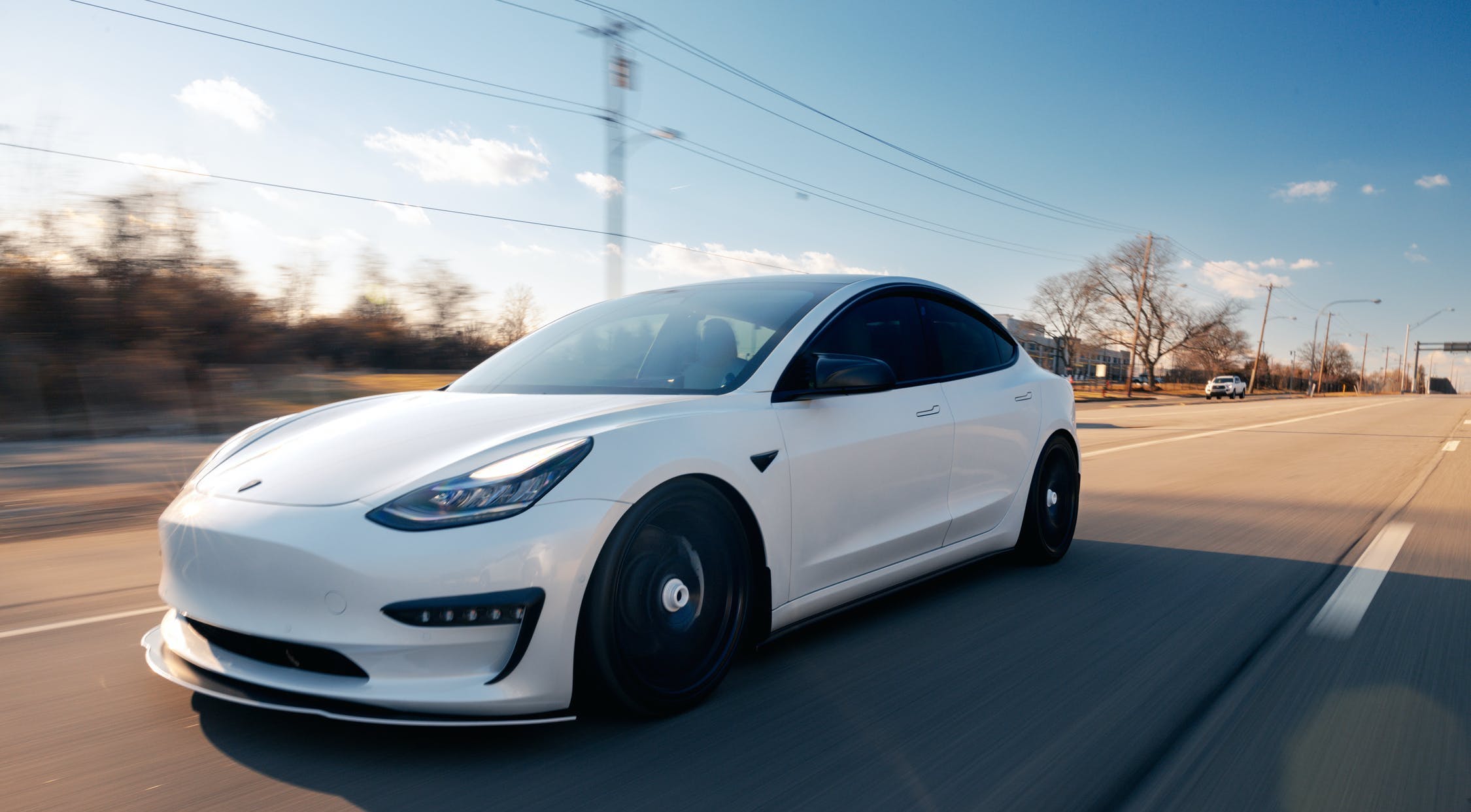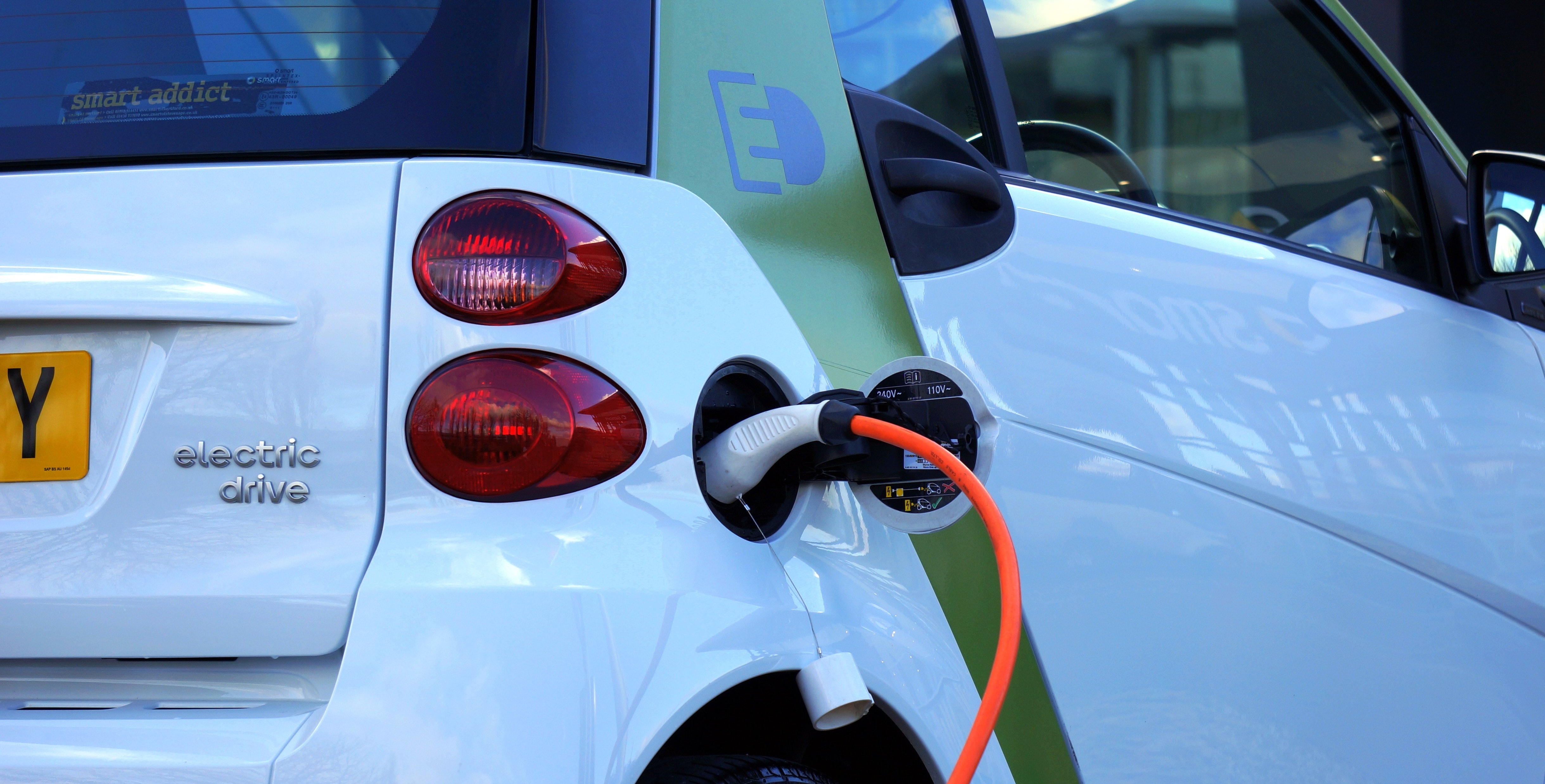Electric cars aren’t coming anymore, they’re here. As of March 2022, there were almost 40,000 electric vehicles already on our roads. For many people an EV makes a lot of sense, they’re smart and economical to run and battery technology has come a long way since the early days.
If you’re one of the growing number of Kiwis considering an EV, you’re in the right place! We’ve put together this handy guide of things to know before you jump into your first electric car.

Why you should ditch your fuel-guzzling car
Electric vehicles are not perfect. There are a number of people for whom an EV probably doesn’t make sense. But electric vehicles have come a long way since the days of the original Nissan Leaf or Tesla Roadster. Advancements in range, battery longevity and overall vehicle quality mean EVs make for a sensible vehicle of choice for a growing number of Kiwis.
Electric vehicles have several advantages over traditional petrol vehicles, these include:
Skipping the petrol-station blues
Smoother, quieter ride
Lower emissions
Government feebate subsidy scheme (more on this later!)
Range and charging
Probably the most common concern people have is range. Early EVs were notorious for their poor range and painstakingly slow charging rates.
But range anxiety is set to become a thing of the past, with current EV offerings boasting impressive ranges. According to EPA estimates (combining city and highway driving), the Tesla Model S Plaid is capable of 637km, the Nissan Leaf S Plus of 363km and the Hyundai Kona Electric of 415km. Keeping in mind the distance by road between Auckland and Wellington is 650km, these are impressive figures!
According to the NZTA, current fast charging technology can deliver from 80km to 170km of range per 30 minutes of charging, perfect for topping up while you grab that roadie pie! As the network of these fast chargers expands beyond cities, range anxiety will become a forgotten concern.
Electric savings
While electric cars are cheaper to run, there are running costs associated with electric vehicles. If you’re charging at home, the EECA and Gen Less put the cost of charging at the equivalent of 80c/litre to run (half this if you charge during off-peak hours). This is based on electricity rates of $0.29/KWh, you can check the average rates for your part of the country here.
With a bit of napkin-math, we estimate that this could save the average Kiwi about $1,424 a year in petrol costs alone! We work this out by comparing the running costs of a Corolla Hatch petrol car and Nissan Leaf EV doing 11,500km/year (the average distance driven by Kiwis according to the NZTA) with petrol costs of $2.65/litre.
Top Electric Vehicles
According to Motor Industry Association data, the top-selling Electric Vehicles of 2021 were:
Tesla Model 3
MG ZS EV
Hyundai Kona
Hyundai Ioniq
Hyundai Ioniq S
You’ll notice something if you look at this list… these cars are genuinely ‘nice’ cars. The days of the ugly, cramped electrified boxes are over. Supply constraints likely mean that you can expect this list to look a bit different next year as dealerships secure the supply of further vehicles.
A notable mention has to go out to the new Polestar 2 which has been immensely popular since entering the New Zealand market late last year (hence why it is not on our list yet).

Buying your first EV
Buying any vehicle is a major financial decision and not an easy one. With so many offerings, first and second-hand markets and car salespeople, it can be daunting!
Many major car brands now have an electric (or at least hybrid) offering. According to Canstar, the 3 top-selling EVs in New Zealand from 2021 to 2022 are the Tesla Model 3, Hyundai Kona EV and the MG ZS EV. However Kia, Mini, Lexus, Nissan and Mercedes all have offerings in the top 10. It is always a good idea to do your homework before you visit the dealership and have a good test drive to get a feel for the vehicle.
Reading through the list of top-selling EVs there may be something you notice; they’re not super cheap. EVs are still relatively new, and many do come well with all the bells and whistles. So naturally, they tend to be on the pricier end of the spectrum.
An obvious solution is to browse the second-hand market. And this is a decent option for many looking to get behind the wheel of their very own electric vehicle. However, just like when buying any second-hand vehicle it is important to be careful and know your stuff. Read up on the model and year of the vehicle, as EV technology has come a long way in a fairly short period. Another important consideration is battery degradation.
Clean Car Discount Scheme
If you’ve gone shopping for an EV or Hybrid, you’ll have heard about the Clean Car Discount Scheme. The scheme works by using a rebate to lower the cost of purchasing ‘clean’ cars and adding a fee to ‘dirty’ cars.
In practice, this means a ‘dirty’ vehicle will cost up to $5,175 more and a ‘clean’ one up to $8625 less. The scheme works on a scale, meaning most vehicles fall somewhere in between - so check how much your preferred vehicle is eligible for!
Naturally, most EVs are on the cleaner side of the scale. For example, Hyundai's IONIQ Electric Series II comes with a rebate of up to $8,625 whilst their IONIQ Hybrid Series II of up to $4,140. AutoCar Mag has put together a list comparing the prices of EVs before and after rebates here.
There are different rules for second-hand imports and the rebate does vary, so it is worth checking what a model is eligible for. Also, keep an eye out for sneaky pricing strategies to make sure the price you’re told doesn’t already include the rebate!
The government has also just announced that it will be launching a Clean Car Upgrade Scheme so that more New Zealanders can afford to make the switch from the traditional fuel vehicles to the greener alternatives. At the time of writing the details have not yet been shared but we can expect that to come later this year.
Insuring your EV
Luckily, insuring your new Electric Vehicle is pretty simple! Most major vehicle insurance providers cover electrified vehicles under the same plans. Just make sure to enter your EV model or registration when getting a quote.
There are a few things to be mindful of. It's worth checking whether EV-specific accessories (such as charging cables or chargers) are covered. You might find home chargers are instead covered by contents. When selecting a value for your vehicle, make sure you exclude any rebate you received - this isn’t part of the value of your car!
Also, be mindful of what sort of cover your policy has for your battery. Most policies won’t cover general malfunction but will, for example, cover you if the battery is damaged as the result of a collision.
If you’re lucky enough to be driving away from the dealership in a Tesla, you might have heard of Tesla Insurance. Tesla Insurance uses how you drive as an input to help determine your premium. Unfortunately, it is not currently available in New Zealand despite the existence of the confusingly named InsureMyTesla. InsureMyTesla, which is available in New Zealand, is just a standard insurance policy offered by Tesla in conjunction with Vero.
You can read more about it in our guide to Tesla Car Insurance in NZ.
Check out our table below to see how different vehicles and insurers stack up. Keep in mind quotes will vary based on your circumstances. We’ve obtained these based on a 30-year-old male driver looking for comprehensive cover
Insurer | VW Polo 2020 (petrol) | Tesla Model 3 (2021) | Nissan Leaf (2021) |
$113.34/month | $214.93 | $164.25 | |
$101.81/month | $193.12 | $143.29 | |
$105.85 | $186.56 | $140.33 | |
$66.96 | N/A | $84.23 | |
$86.32 | $138.09 | $130.20 |
As always, price should only be one consideration when picking an insurance policy as every policy is different. To easily compare benefits and prices of car insurance policies, try out our Market Scan tool. It has been used by thousands of Kiwis as the quickest and most comprehensive comparison and research tool when finding the cheapest and best insurance policies for you.
Final Thoughts
Electric vehicles are now a genuine option worthy of consideration for most Kiwis. But before you jump behind the wheels there are some key considerations to keep in mind. An Electric Vehicle is set to go easy on your wallet and the environment, especially as gas prices keep trending upwards. But range anxiety, whilst set to be a thing of the past, is still a valid concern as the fast-charging infrastructure lags behind.
Overall, we think going electric is a great option for many Kiwis! Be sure to do your research as you would with any car and head over to Quashed when it's time to get it insured.

